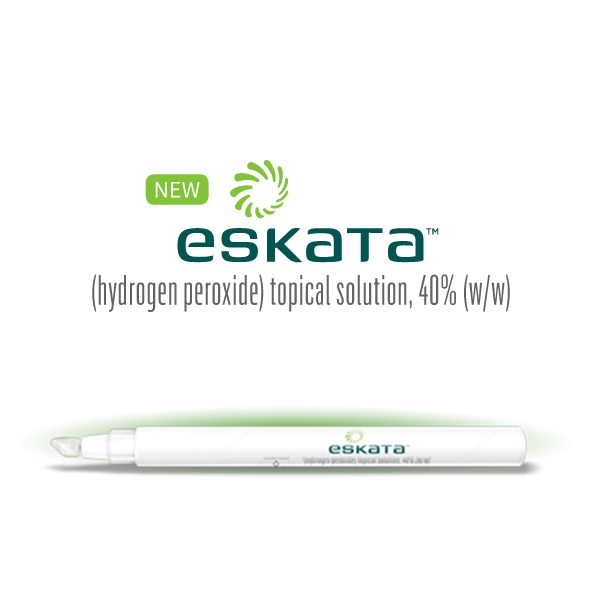“Warts, age spots, barnacles – I’ve heard people call them just about everything,” says Dr. Adam Mamelak, dermatologist and skin cancer specialist at Sanova Dermatology – North Austin in Austin, Texas.

“Often patients come in concerned about a new growth and worried it could be skin cancer,” explains Dr. Mamelak. Seborrheic keratosis are actually warty, grey or pigmented and usually scaly growths that develop on the skin. These are not considered to be medically concerning, but are often found to be cosmetically displeasing to those who possess them. “They’re always reassured when I tell them their spot is benign, but then often look at me and say now what?”
Seborrheic keratosis are extremely common. They represent discrete thickened areas of skin on a person’s body, and can be genetic or run in families. If they become irritated by being scratched or rubbing on clothing, these spots can be itchy, painful and quite uncomfortable.
In the dermatology clinic, these skin lesions can be treated with destructive modalities such as cyrotherapy, laser, or electrodessication and curettage. The FDA recently approved ESKATA, the first ever topical medication specifically for the treatment of seborrheic keratosis. ESKATA is comprised of a high level of hydrogen peroxide. This new development is exciting as it is a non-invasive way to treat these lesions. Previous options have been more invasive and offered a greater risk of scarring, which would result in replacing an unattractive growth with a scar. The ability to treat topically is a great relief to both physicians and patients alike.
ESKATA is an in-office treatment performed by a physician or physician assistant due to the strength of the medication and accuracy necessary to properly treat the affected areas. Once the initial treatment has taken place, your provider will schedule a follow-up with you in order to re-examine the area. An additional treatment, if necessary, may be administered after 3 weeks time. Common side effects of this treatment include, but are not limited to, itching, redness, crusting, scaling, stinging and swelling.
ESKATA will be available in Spring of 2018.
Contact Us
Do you have seborrheic keratosis, or are you looking for a treatment option that is right for you? Contact us today and we will gladly help you create a personalized treatment plan.
